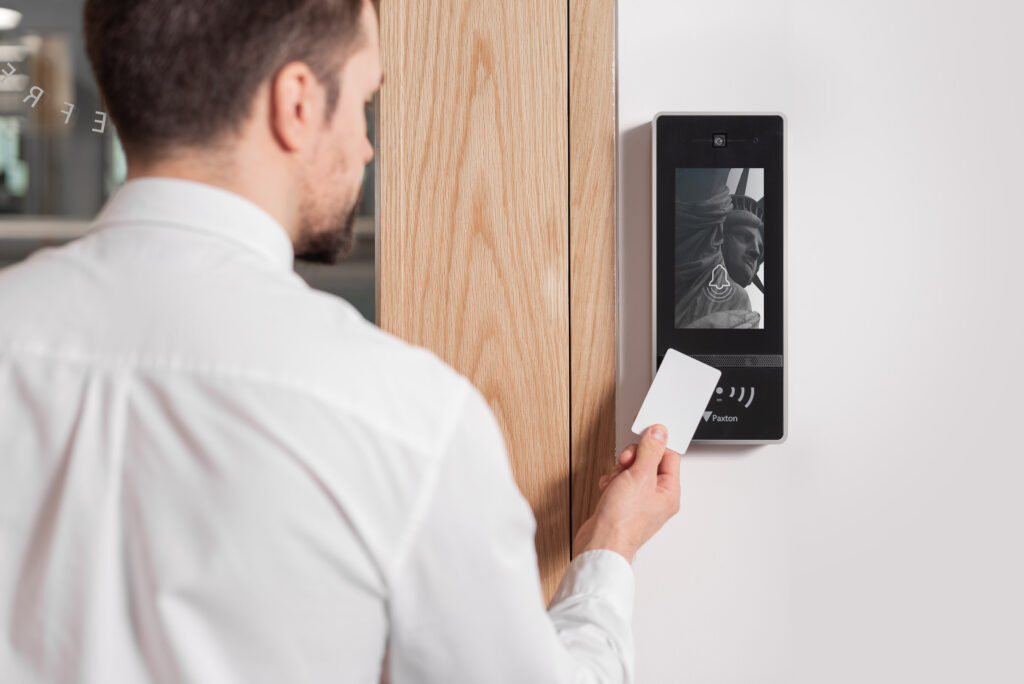For any business, the security system acts as the first line of defence against potential security breaches. However, just like any other critical system, it requires regular maintenance to function optimally. Neglecting this can lead to failures at crucial moments, potentially resulting in significant losses for your business.
This blog discusses the importance of regular security system maintenance for commercial security systems, highlighting the maintenance schedules, common issues, and the benefits of preventative maintenance.
Understanding Maintenance Schedules
Regular maintenance of a commercial security system isn’t just a recommendation; it’s a necessity. Schedules vary based on the complexity of the system, environmental factors, and the level of activity at the premises. Typically, it is advisable to conduct thorough inspections and testing of all components—such as cameras, sensors, and alarm systems—at least once a year. More frequent checks might be necessary for high-risk areas or systems exposed to harsh environmental conditions.
Common Issues in Security Systems
Over time, security systems can develop various issues, which, if left unchecked, can impair their functionality. Common problems include:
Camera Lens Obscuration: Dust, spider webs, or other obstructions can obscure camera lenses, reducing visibility and effectiveness.
Sensor Malfunctions: Sensors can become less sensitive or fail entirely, often due to physical damage, dust accumulation, or electrical issues.
Software Glitches: Outdated or buggy software can lead to false alarms or system crashes, which can disrupt security monitoring.
Addressing these issues promptly through regular maintenance checks can prevent minor problems from turning into major system failures.
Benefits of Preventative Maintenance
Cost Savings: Regular maintenance identifies and rectifies small issues before they escalate into expensive repairs. It also extends the lifespan of the security equipment, offering better returns on investment.
Enhanced Reliability: Maintenance ensures that every component of the security system functions as expected. This reliability is crucial for preventing security breaches and ensuring that the system operates effectively around the clock.
Compliance and Insurance: Many insurance companies require proof of regular maintenance to validate claims related to security breaches. Furthermore, compliance with certain industry standards may also necessitate documented maintenance routines.
Preventing Downtime and Breaches
A well-maintained security system is less likely to fail unexpectedly, reducing the chances of downtime. This is particularly important for businesses that rely on continuous surveillance to safeguard assets. Preventative maintenance not only fixes issues but also adjusts system settings to adapt to any new threats or changes in the operating environment, thus maintaining the integrity of your security measures.
Conclusion
The importance of regular maintenance for your commercial security system cannot be overstated. It is a critical activity that supports the reliability, efficiency, and effectiveness of your security measures. Businesses should establish a regular maintenance schedule tailored to their specific needs and ensure compliance with industry standards to protect their assets from unforeseen threats and technical failures. Investing in preventative maintenance is investing in the safety and longevity of your business operations.

